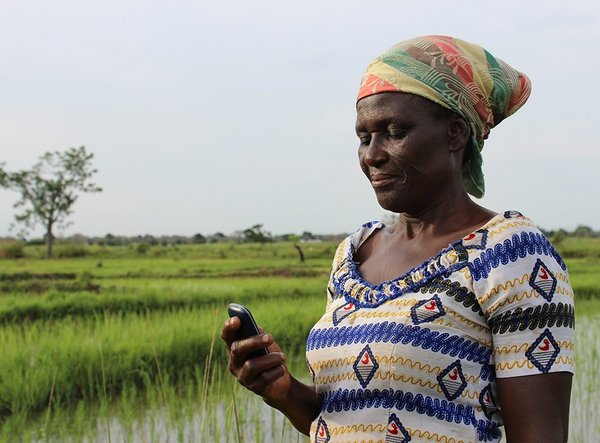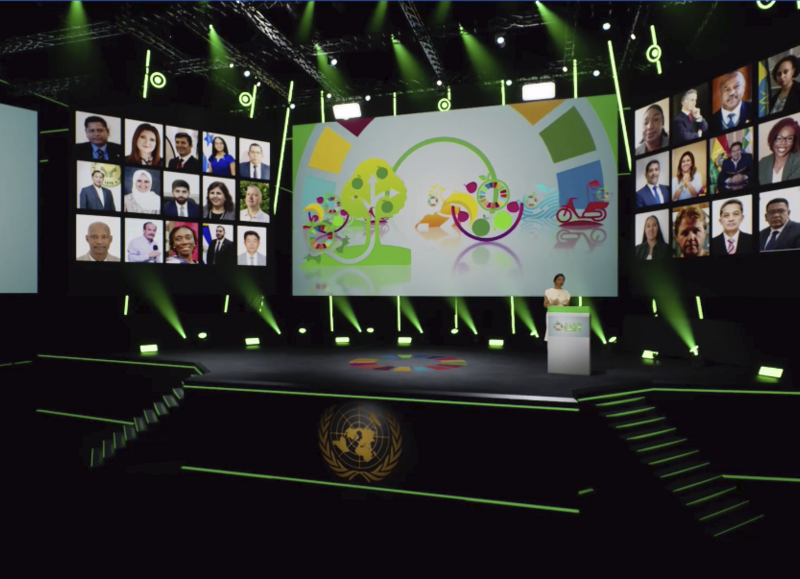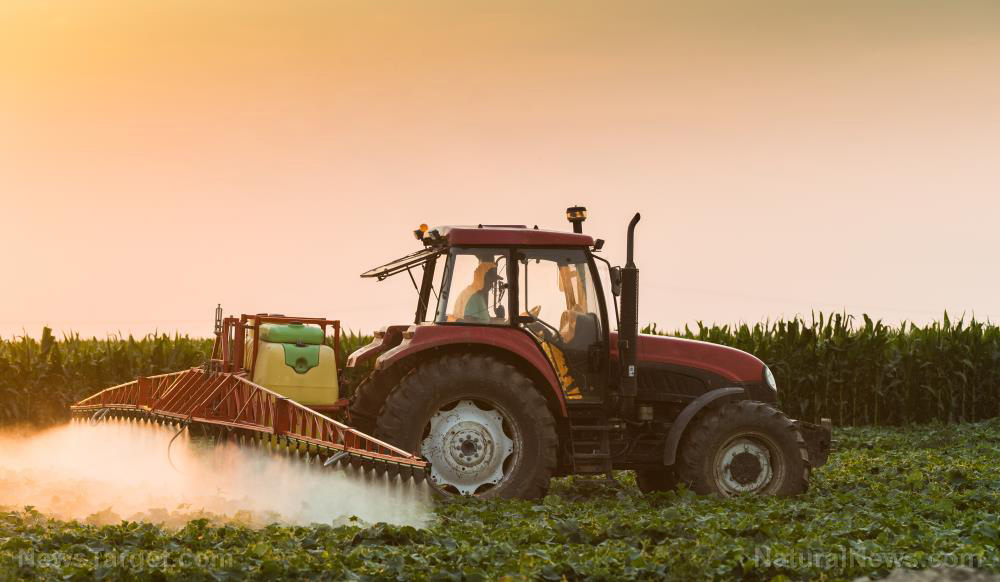
Photo: ©IFAD
Small-scale farmers in sub-Saharan Africa are impacted disproportionately by climate change, poverty and undernutrition, yet many of them remain optimistic about the future of farming, according to a survey by Farm Radio International (FRI), the International Fund for Agricultural Development (IFAD), World Vision Canada and the Canadian Food Security Policy Group (FSPG) published in September 2021.
Of the thousands of farmers taking part in the four-country survey, two-thirds believe their children can succeed in farming, although many have cautioned that food systems will need to change in order to make living incomes possible.
The On Air Dialogues: Listening to Rural People includes data gathered over three weeks in June 2021 by six radio stations in four African countries (Burkina Faso, Ghana, Tanzania, and Uganda). Thanks to interactive radio shows and innovative mobile phone polling, farmers were able to directly voice their concerns and share their proposed solutions regarding global food systems. In response, 3,494 participants left 11,854 answers and 2,648 audio messages.
“Small-scale farmers working on plots of less than two hectares produce over 30 per cent of global food, and yet there are significant barriers to their participation in global discussions and decision-making processes,” said Kevin Perkins, FRI spokesperson. “This report helps change that.”
Respondents called for better access to loans and credit, inputs, better markets and more information, as well as better training on farming techniques and business management. Women farmers, in particular, emphasised the need for access to loans, credit and financial support as vital for their success.
Many respondents noted specific concerns about the effects of chemical pesticides and fertilisers on the safety of food, and emphasised the benefits of agro-ecological approaches and basing food production around local farming systems.
More than 90 per cent of respondents felt there was something they could do in their community to cope with climate change. Fewer than 1 in 12 said the only way to cope with climate change would be to move away from their homes.
Compared to men, women were more concerned about household nutritional intake, were more likely to consider loans and credit as key to farming success, and relied more strongly on informal networks such as friends and neighbours for information.
(IFAD/ile)

Photo: ©UNFSS
World leaders, experts, farmers and producers, Indigenous Peoples, the private sector and civil society met to align agri-food production and consumption with the UN's Sustainable Development Goals (SDGs) at the UN Food Systems Summit. The meeting, which took place during the annual UN General Assembly high-level week in in New York (USA) on the 23rd September 2021, saw nearly 300 commitments from hundreds of thousands of people from around the world and across all constituencies to accelerate action and to transform food systems.
After decades of decline, the number of hungry people has been growing for the past five years, reaching up to 811 million people in 2020. More than three billion people still cannot afford a healthy diet, while obesity and other non-communicable diseases are becoming a growing problem associated with insufficiently diversified healthy diets. The COVID-19 pandemic has compounded the problem, creating severe setbacks in the progress made so far to achieve the SDGs by 2030.
In a Chair’s Summary Statement of Action delivered at the Summit, UN Secretary-General António Guterres called on governments and partners to meet the commitments they made to achieve the 17 Sustainable Development Goals (SDGs) by 2030.
The UN Secretary-General’s intervention came as world leaders prepared to announce their commitments to more resilient, inclusive and sustainable food systems after an 18-month process of dialogues and engagement at community, national, regional and global level.
Five key areas of action
The Chair’s Summary Statement of Action outlines how progress in five key areas at national and regional level would amount to a global shift in making progress on the SDGs, securing fundamental human rights for all.
The five areas, informed by the Summit’s independent Science Group, Action Tracks and the Summit Dialogues are:
- Nourish All People.
- Boost Nature-based Solutions.
- Advance Equitable Livelihoods, Decent Work & Empowered Communities.
- Build Resilience to Vulnerabilities, Shocks and Stresses.
- Support Means of Implementation.
Countries will be supported in effecting change across their entire food systems by Resident Coordinators (RCs) and UN Country Teams (UNCTs).
At a global level, UN agencies – the Food and Agriculture Organization (FAO), the International Fund for Agricultural Development (IFAD) and the World Food Programme (WFP) – will jointly lead a UN system-wide coordination hub to continue the work of the Summit. The hub will benefit from structured advice from representatives of priority constituencies and issues, particularly youth, Indigenous Peoples and women.
The Secretary-General is to submit an annual report to the High-Level Political Forum to monitor progress against the UN’s 2030 Agenda. The Secretary-General will also lead a global stock-taking every two years to review progress.
Ensuring sustainable food systems
Many countries announced national initiatives to ensure that their food systems would meet not only the nutritional needs of their populations but also goals around climate change, biodiversity and decent livelihoods for all.
Burkina Faso highlighted the right to food, committing to including this in its constitution and Cambodia pledged to work towards the promotion of gender equality and the creation of job opportunities for youth and women in the food system, while equipping them to become agents of change for nutritious diets. The United Arab Emirates announced the Agriculture Innovation Mission (AIM) for Climate launched with the United States.
Among the new initiatives launched by civil society, financial institutions, academia and philanthropists was a new USD 922 million, five-year investment into nutritious food systems, announced by Melinda Gates on behalf of the Bill & Melinda Gates Foundation.
(UNFSS/FAO/ile)
Do you trust the “organic” label to really be organic? A U.S. farmer named Randy Constant killed himself to avoid a 10-year prison sentence after being convicted of running a massive organic fraud scheme that produced millions of bushels of “organic” corn and soybeans which were sold into the U.S. marketplace.



